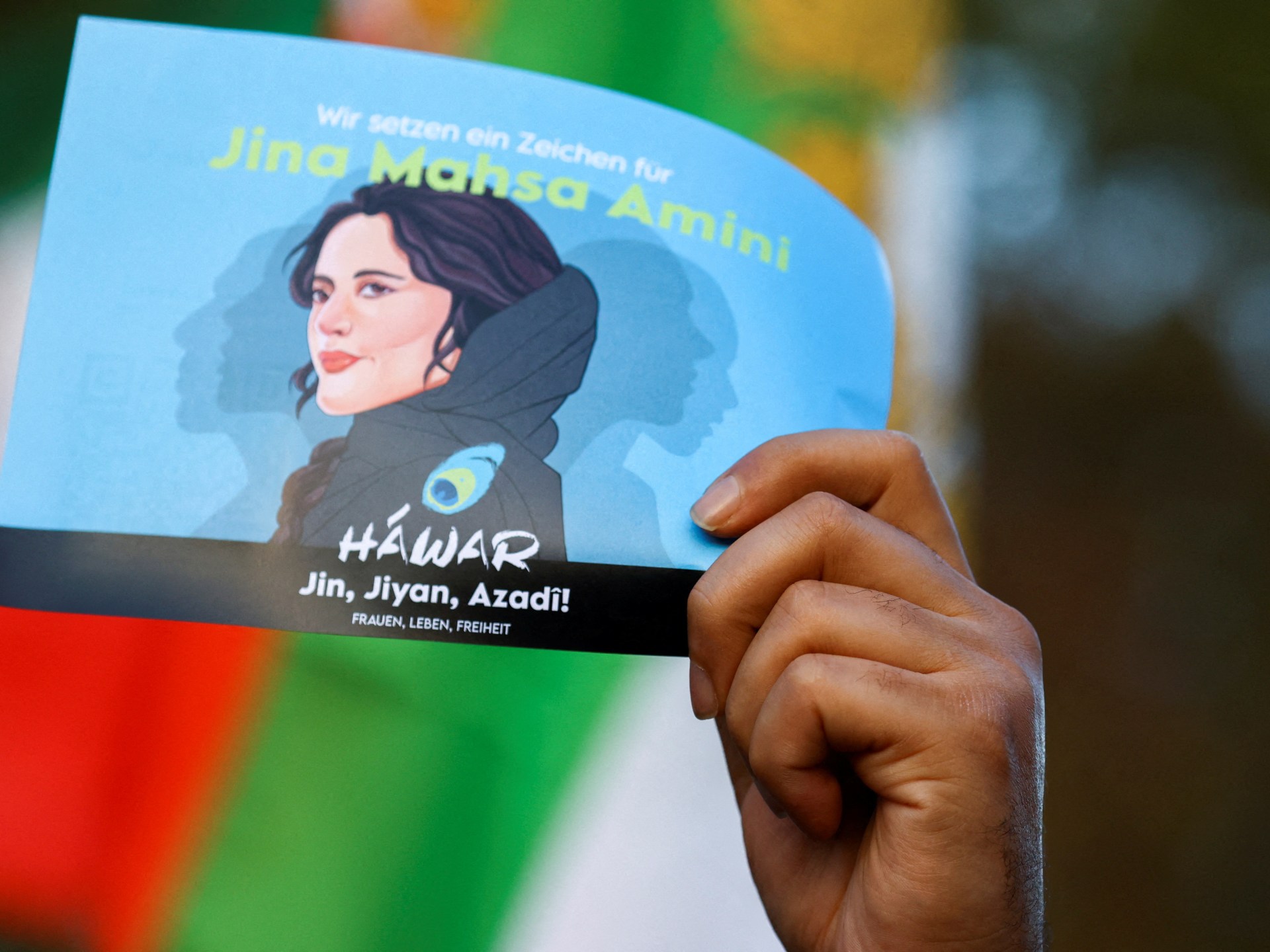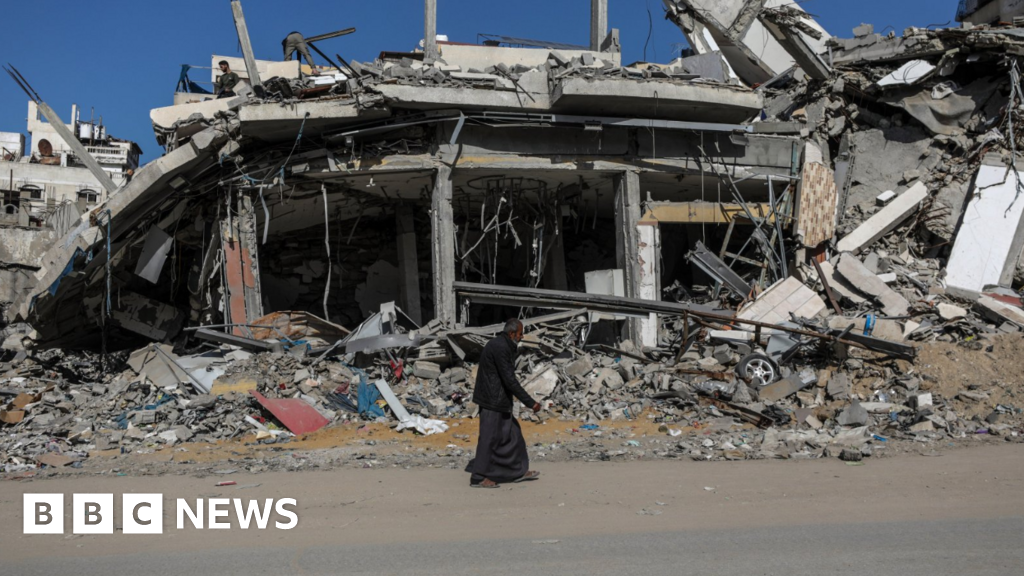Knesset debate over Civil Law in Israel threatens protections on settlers
Arnon and the other 800 residents of an Israeli settlement in Hebron’s Old City live under Israeli civil law, enjoying the same protections against warrantless searches, the arrest of minors and other police powers as their countrymen living in Israel. “Israeli law must apply here,” said Arnon, who believes that Jews have a biblical and historical claim to these ancient lands. “Hebron is more Israeli than Tel Aviv.”
But the decades-old system in which Israel extends its legal code to its citizens settling in the Palestinian territories is suddenly imperiled. Lawmakers in Jerusalem are deadlocked on renewing the arrangement in a schism that could dissolve the unusual two-tiered legal system and subject the West Bank’s Israelis to the same martial law as their Palestinian neighbors.
It is a dispute threatening to bring down the country’s year-old government.
Politicians have until the end of the month to reconcile differences that have split members of the diverse governing coalition, which includes right-wing, left-wing and Palestinian Israeli parties. The measure failed to pass an initial attempt to renew it this month after several coalition members voted against the measure or abstained.
Members of opposition leader Benjamin Netanyahu’s right-wing Likud party enthusiastically support the extension of civil law, but they voted against it in hopes of bringing down the fragile ruling coalition.
Recent defections have whittled the ruling coalition’s voting power to just 60 seats in the 120-seat parliament, and political observers said the standoff on civil law could well be the blow that collapses the government.
“Probably we will have another election,” Tal Schneider, a veteran political reporter at the Times of Israel, said in remarks to the Jerusalem Press Club. “There is a big division here, and it didn’t go away just because we had a government that was very inclusive and very different from previous governments.”
The unusually diverse coalition, which formed last year after four inconclusive elections and two years of political stalemate, has been a rare experiment in political pluralism in Israel, where ideological divides are stark. The common motivation for most members was breaking the decades-long grip on power of Netanyahu, who is being prosecuted on multiple corruption charges.
After months of relative success focusing on budgetary and other pragmatic reforms, fissures have recently widened within the government on issues of security, settlements and the other hot spots of the Israeli-Palestinian conflict. United Arab List party leader Mansour Abbas, whose political support was first courted by Netanyahu before elections last year, temporarily suspended his party’s participation in the coalition to protest Israeli police actions against protesters at al-Aqsa Mosque in Jerusalem’s Old City.
Prime Minister Naftali Bennett, a former leader of a settlers’ group, was unable to persuade enough Palestinian Israeli or liberal members to support the extension of civil law to the settlements — which they see as fundamentally unfair — even if only to keep the coalition viable. He and his coalition co-leader, Foreign Minister Yair Lapid, a centrist, have until June 30 to find additional votes.
“Like always after a loss, we’ll return stronger and win next round,” Lapid said in a tweet after the measure failed to pass.
Failure to renew the civil law legislation would mark an upheaval in Israeli governance — the legal umbrella over the settlements has been renewed routinely for more than 50 years.
It could erode the carefully cultivated sense of Israeli normality that settlers covet in their towns and villages, which most of the international community considers to be illegally built on Palestinian territory. For decades, the provision has afforded settlers the same status as citizens living in Israel on adoptions, policing, national health care, taxes, insurance and other issues.
Legal scholars say ending the system could subject settlers to the same military law that governs Palestinians in the nearly one-third of the West Bank under direct Israeli control, though the army would probably find ways to accommodate Israelis in the territories. (Other areas of the West Bank are more directly under the control of the Palestinian Authority, although the Israeli military has ultimate say everywhere.)
The Israel Defense Forces declined a request for comment on whether the military was prepared to take over legal enforcement in the settlements.
Few places in the West Bank offer a starker contrast between the legal structures governing Israelis and Palestinians than Hebron, where the applying law switches not just from town to town but house to house.
“In Hebron, the law goes person by person,” said Roni Pelli, an attorney for the Association for Civil Rights in Israel.
Pelli said two Hebron residents, one Israeli and one Palestinian — “let’s call them Abraham and Ibrahim” — who commit identical crimes face vastly different procedures.
“Abraham will always find himself in the regular courts of Israel,” she said. “He has freedom of expression, to protest his treatment or any other cause.”
Palestinian “Ibrahim” would land in a military court on an army base in front of uniformed judges, with far fewer protections of his rights, she said.
“This system is not set up to protect the suspect. The penalties are much harsher,” Pelli said.
Among the differences, according to Pelli: Palestinians’ houses can be searched without permission from a court, and Palestinians can be more easily detained without a warrant and held before arraignment for 48 hours — as opposed to 24 hours for settlers. Palestinian minors can be arrested at age 12, two years before Israeli children can be detained.
“I have seen Palestinian kids who get in a fight with Jewish kids, and only the Palestinian boy is taken,” said Amro, an electrical engineer and political activist.
Amro said he has been arrested numerous times at protests against the occupation. In one 2013 event, he and several Israeli peace activists wore Barack Obama and Martin Luther King Jr. masks. When soldiers broke it up, he was detained and the Israelis were allowed to leave, he said.
“It’s two sets of laws for two different people in one place,” he said. “It’s apartheid.”
Check out our Latest News and Follow us at Facebook
Original Source







